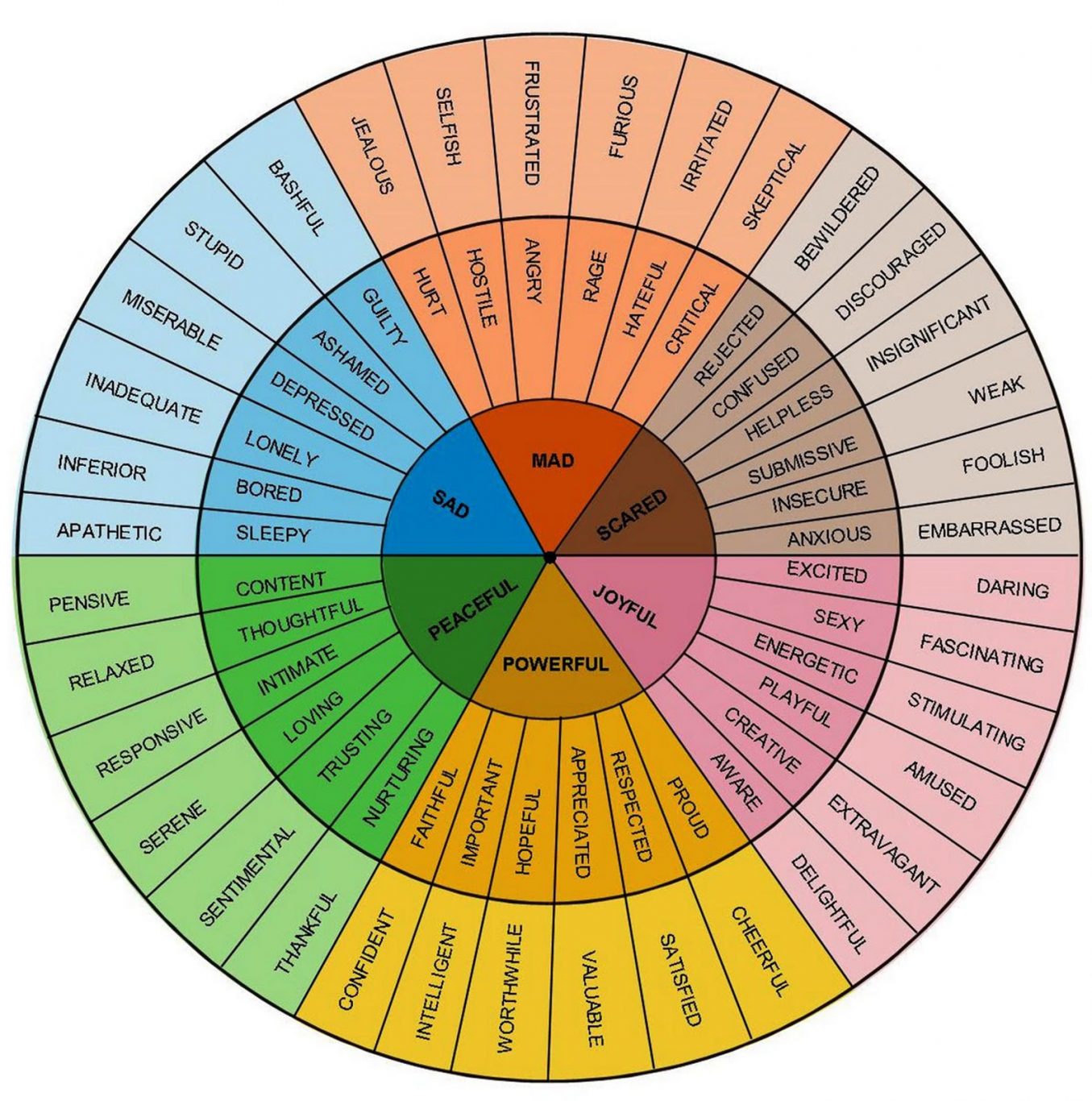Being vulnerable on an emotional level is terrifying. One reason I became a therapist is to appear like I’ve got things together. When people come to me for help, I’m seen as the expert, therefore I remain in control. I’m more comfortable helping than being helped. Asking for help is scary.
I shared about how stuffing feelings has damaged me and others in How To Be Emotionally Healthy (Part 1). Here’s some wrong motives for expressing your feelings.
Bad Reasons to Express Our Emotions
1. To bully people into doing things your way.
2. To force your agenda on others.
3. To manipulate, scare, and control others.
There is a difference between being guarded and being shy. Emotionally constipated people are guarded. Guarded people avoid exposing themselves for self-protection. Shy people have a personality trait making them socially apprehensive. You can be shy, yet not guarded, and vice versa.
Here’s some more tools that can help you improve your emotional health.
2 More Types of Emotional X-Lax
1. Increase your emotional vocabulary
Practice identifying feelings you notice in yourself and in others. Expand your emotional vocabulary by studying the definitions of different emotions.

2. Chart Your Emotional Experiences
For any given period of time, identify the frequency you have felt a specific emotion and the frequency you’ve expressed that same emotion. You may discover that you rarely share certain feelings. Increase your sharing (verbally and non-verbally) of those emotions you rarely express, yet often feel.
Our Emotions Felt/Shared Worksheet will help.
Emotional Intelligence Includes Four Types of Abilities
1. Perceiving emotions – the ability to detect emotions in faces, pictures, and voices in yourself and others. Perceiving emotions represent a basic aspect of emotional intelligence, as it makes all other processing of emotional information possible.
2. Using emotions – the ability to harness emotions to facilitate various cognitive activities, such as thinking and problem-solving. The emotionally intelligent person can capitalize fully upon his or her changing moods in order to best fit the task at hand.
3. Understanding emotions – the ability to comprehend emotional language and to appreciate complicated relationships among emotions. This encompasses the ability to be sensitive to slight variations between emotions.
4. Managing emotions – the ability to regulate emotions in both ourselves and in others. The emotionally intelligent person can harness emotions, even negative ones, and manage them to achieve intended goals.
Increase your emotional intelligence and you’ll be safer to others and more successful in life. A whole new world can open up for you. Invest in your emotional health and those you love will be blessed in the process.
If you found this information helpful, SUBSCRIBE TODAY, and you’ll receive our Free PDF Shaterproof Yourself! Mental Health Stress Checklist. Learn 27 TIPS to improve your self-care, mental health & resiliency. Check out the Decide Your Legacy Facebook page to connect with more people looking for transformational clarify.
Related Content
How to Be Emotionally Healthy (Part 1)
What to Do When Emotionally Overwhelmed
If you like my style, and found this helpful, SUBSCRIBE TO TUNE UP FOR LIFE. Learn about healthy thinking skills, self concept, life balance, core values, life purpose, goal setting, transformational habits, and more.


SHARE with your FRIENDS